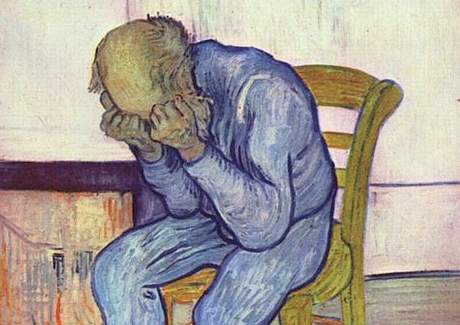A recent study conducted by University of Wisconsin researchers refutes a supposed link between depression and the amount of time spent on Facebook and other social-media sites.
Led by Lauren Jelenchick and Dr. Megan Moreno, the research team surveyed 190 students between the ages of 18 and 23 using a real-time assessment of Internet activity and a validated, clinical screening method for depression.

The students were polled with 43 text-message questionnaires at random intervals over a seven-day period. Participants were asked if they were currently online, how many minutes they had been online and what they were doing on the Internet.
The study determined that survey participants were on Facebook for over half of the total time online. However, when Jelenchick and Moreno evaluated the data including the depression-screening results, they found no significant associations between social-media use and the probability of depression.
As such, says Jelenchick, promoting the concept of “Facebook Depression” may be unnecessarily alarming to both patients and parents.
“Our study is the first to present scientific evidence on the suggested link between social-media use and risk of depression,” she explained. “The findings have important implications for clinicians who may prematurely alarm parents about social-media use and depression risks.”
Moreno, a pediatrician who has been widely published in the area of social-media use among children and adolescents, instead advises parents to analyze their children’s social-media use in the context of their daily lives. For example, says Moreno, parents don’t have to be overly concerned if their child’s behavior and mood haven’t changed, they have friends and their school work is consistent.
“While the amount of time on Facebook is not associated with depression, we do encourage parents to be active role models and teachers on safe and balanced media use for their children,” added Moreno.






